General

Scientific Results: Development and Validation of a Novel Instrument to Capture Companion Dog Mortality Data: The Dog Aging Project End of Life Survey
Published on May 25, 2023This manuscript details the creation, development, and validation of the End of Life Survey (EOLS), which is used to obtain information about Dog Aging Project participating dogs who have died by gathering the information directly from dog owners.
Read More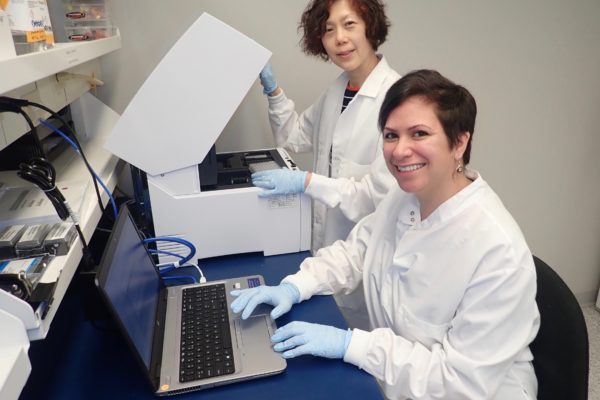
Scientific Results: Purpose, Partnership, and Possibilities: The Implementation of the Dog Aging Project Biobank
Published on February 24, 2023In this paper, we describe the partnership between the Dog Aging Project and the Cornell Veterinary Biobank (CVB) at the Cornell University College of Veterinary Medicine to create the Dog Aging Project Biobank, a resource that stores and distributes biospecimens collected from Precision and TRIAD cohort participants.
Read More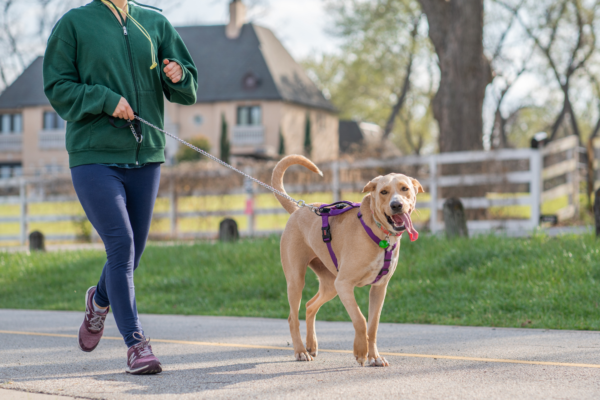
Scientific Results: Associations between physical activity and cognitive dysfunction in older companion dogs
Published on October 12, 2022Who worked on this research? Where was it published? GeroScience, the official journal of the…
Read More
Inside Science: Characteristics of Scientifically Useful Veterinary Electronic Medical Records
Published on August 8, 2022Many of the insights the Dog Aging Project gathers are through its surveys and activities; however, we also gain valuable information from the veterinary electronic medical records (VEMRs) that we receive. Submission of a VEMR is not necessary to enroll in the Dog Aging Project longitudinal observational study, but some of our smaller cohorts like Precision and TRIAD do require eligible VEMRs for consideration.
Read More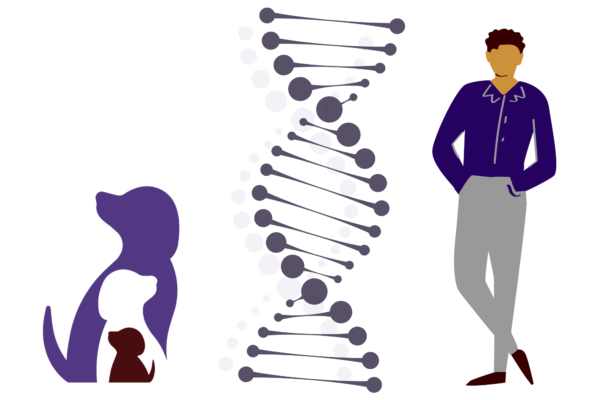
Dog and Human Genetics: Similarity and Difference
Published on July 26, 2022Did you know that dogs and people share over 17,000 special genes called orthologs? Each pair of orthologs is derived from the same common ancestor via vertical descent (speciation) and they tend to have similar functions. They are one of the main reasons why your pup is such an invaluable comparative animal model for studying human health. In fact, humans and dogs have numerous similarities even in those parts of the genome that aren’t genes (the noncoding part of the genome). When it comes to better understanding human health, your pup is our best friend!
Read More
Inside Science: Cross-sectional versus longitudinal study design
Published on July 18, 2022The key to quality scientific research is asking the right questions and then making accurate…
Read More
Scientific Results: Once-daily feeding is associated with better health in companion dogs
Published on June 14, 2022In this paper, we used data collected from the Dog Aging Project Pack to better understand the relationship between our dogs’ health and their diet—and specifically, how often they are fed each day. This work was motivated by data in laboratory rodents showing intermittent fasting can lead to better health and cognitive outcomes.
Read More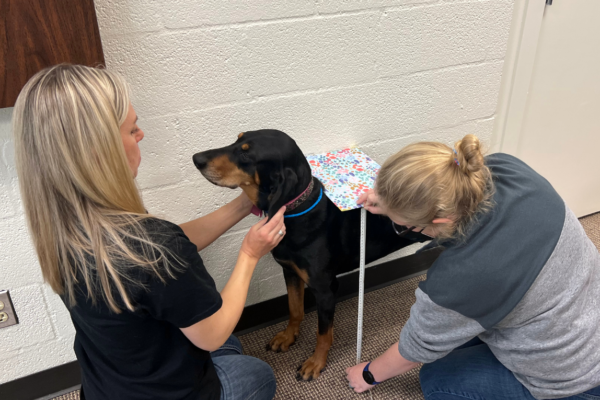
Inside the Measurement & Mobility Activities
Published on June 2, 2022It can be heartbreaking to watch your once agile pup grow old and slow down….
Read More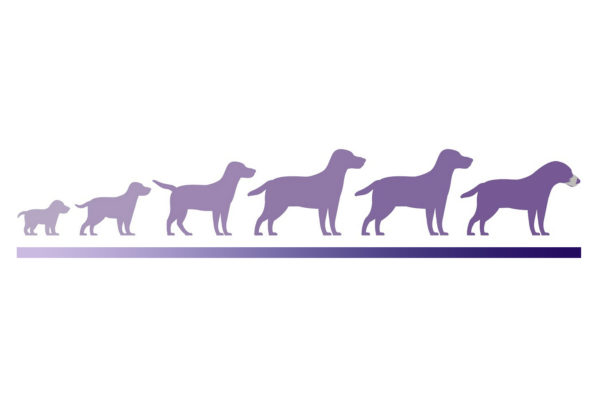
Fountain of Youth: Understanding inflammaging and why we age
Published on May 12, 2022Getting older can take a toll on the body. As we age, we may experience more aches and pains, loss of memory, or changes in our vision and hearing. With increasing age, there is also an increased risk of developing chronic diseases. Studies show that nearly 80% of Americans over 65 have at least one chronic disease and 50% have at least two chronic diseases.
Read More
Meet Dr. Emily Bray, Canine Cognition Expert and Puppy Wrangler!
Published on March 28, 2022As part of the blog post series exploring Dog Aging Project cognitive research, we had…
Read More